detail profile jean michel rankovitch

Info Pribadi
Peran Yang Di Mainkan Jean-Michel Rankovitch
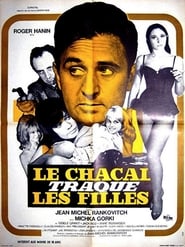 Franois Merlin nicknamed The Jackal returns...
Franois Merlin nicknamed The Jackal returns...Le chacal traque les filles 1967
François Merlin, nicknamed "The Jackal", returns to France after many years in America. He meets up with his sister Mishka, who makes her living from an antiques business. François has a highly developed seduction technique, and his victims unsuspectingly carry out the foreign missions he sends them on, from which they never return. Ranko, the Parisian kingpin of this kind of business, can't bear to see himself competing, and a fight to the death begins between the two crooks.
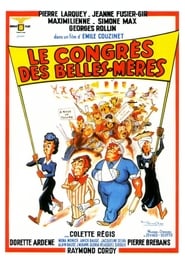 The Baroness de Courtebise presides over...
The Baroness de Courtebise presides over...The Congress of Mother-in-Laws 1954
The Baroness de Courtebise presides over an association of mothers-in-law with grievances against their sons-in-law. Armed with her prerogatives, she forbids the marriage of her daughter-in-law to the mayor's nephew, especially as an inheritance is in doubt. The ladies kidnap, the men kidnap, the election campaign turns sour and the Baroness must capitulate. She takes revenge by falling into the mayor's arms.
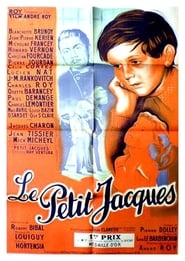 Nol Rambert is overwhelmed by fate...
Nol Rambert is overwhelmed by fate...Le Petit Jacques 1953
Noël Rambert is overwhelmed by fate. Marthe, his wife, has left him. His son, little Jacques, sickly and touching, has psychic gifts. Life is not a happy one. A crime is committed. Poor Rambert is unjustly suspected. A good-looking man convinces him to confess his guilt. In doing so, he secures his child's future. Resigned to everything, the sad Rambert is ready for the scaffold. The little medium brings the truth to light and Mme Mortal denounces her husband, Daniel Mortal, the man behind the despicable bargain, as the murderer. Happiness returns with a bang, as the repentant Marthe Rambert continues to watch over little Jacques during the ordeal.
 Jean Michaut is a bargeman who...
Jean Michaut is a bargeman who...The Lovers of Bras-Mort 1951
Jean Michaut is a bargeman who lives nearby an old barge cemetery named "Bras-Mort". He is in love with Monique, the daughter of a wealthy boat owner. The girl returns his affection but runs her head against the wall of her family's class prejudices. Her "nearest and dearest" prove indeed prepared to do everything to separate the two lovers. But Monique will not buy in. On the contrary, she leaves her intolerant family to live with Jean among simple, more tolerant bargemen.
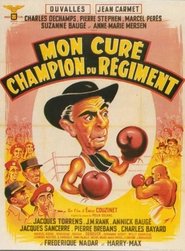 How a weak priest armed up...
How a weak priest armed up...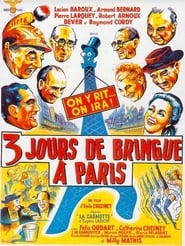 A group of inhabitants from FertsousJouarre...
A group of inhabitants from FertsousJouarre...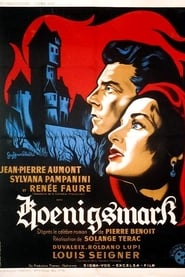 A young French Vignerte is hired...
A young French Vignerte is hired...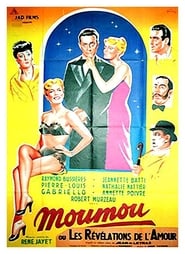 A merchant without audacity with women...
A merchant without audacity with women...